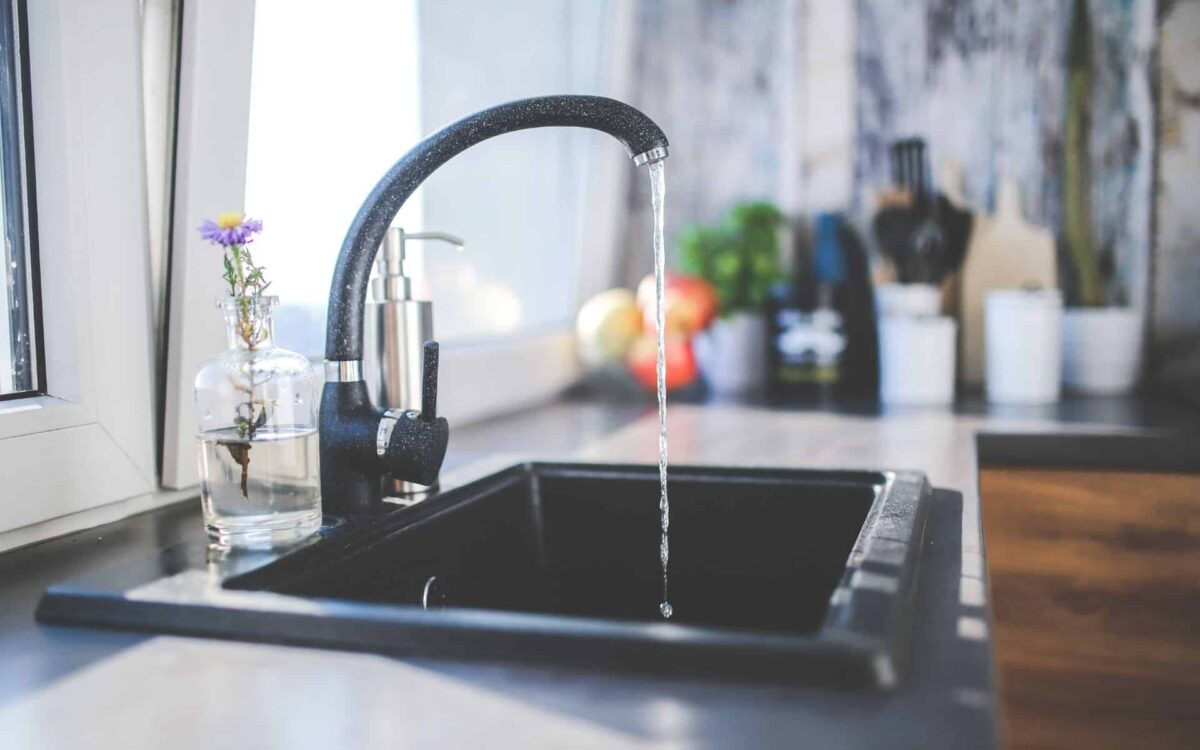Households across the UK are bracing for a significant increase in water bills, projected to rise by at least 20% in an effort to rectify the nation’s beleaguered sewage system. Environment Secretary Steve Reed has acknowledged that this necessary adjustment is likely to provoke strong reactions from the public, particularly among vulnerable customers who may struggle to absorb the financial burden.
On Thursday, the independent regulator Ofwat is anticipated to unveil plans for a water bill increase exceeding 20% by 2030, translating to an average annual rise of approximately £20 per household over the next five years. As a result, the average water bill could escalate from £448 to £542 annually.
Labour’s Commitment to Addressing the Water Crisis
Reed has emphasized the urgency of this increase, citing long-standing neglect and under-investment as the root causes of the current crisis. He pledged that Labour will prioritize repairing infrastructure by focusing on essential projects such as pipe replacements and reservoir construction, rather than awarding bonuses to water company executives.
In a scathing critique of previous Conservative administrations, Reed stated in The Telegraph, “This week, the independent water regulator will announce water bill rises to repair the damage. The public are right to be angry. Tory recklessness has caused untold damage.”
Rising Water Bills Spark Widespread Concerns
Consumer advocacy groups have expressed concern that many households may find it difficult to manage such steep increases. They are urging water companies to enhance their support systems for those financially impacted by these changes.
Following Ofwat’s confirmation in July to permit a 21% increase to fund an £88 billion investment in new infrastructure, negotiations have been ongoing with 11 water providers seeking substantial bill adjustments. Southern Water, servicing Kent, Sussex, and Hampshire, has proposed an astounding 84% hike, while Thames Water, embroiled in scandals, seeks a 53% increase.
Although Ofwat has refrained from making definitive announcements prior to Thursday, sources indicate that households should prepare for elevated water bills, potentially exceeding the initially agreed-upon 21%. The regulator has, however, assured the public that it aims to present a “balanced” approach.
Water Bill Projections and Infrastructure Investment Plans
Projected Average Bill Increase:
- Current Average Bill: £448.
- Expected Average Bill by 2030: £542.
- Total Increase Over Five Years: £20 annually.
Proposed Increases by Water Companies:
- Southern Water: 84% increase.
- Thames Water: 53% increase.
Investment Plans:
- Total Investment for Infrastructure: £88 billion.
- New Reservoirs Proposed: 9.
- New Pipe Length Proposed: 8,000 km.
Calls for Greater Support Amid Rising Water Costs
Water UK, representing the industry, contends that water bills have actually decreased by about 20% in real terms since 2010. Yet, in light of the recent surge in utility costs, Mike Keil, CEO of the Consumer Council for Water (CCW), stressed the need for water companies to do more to assist households unable to cope with heightened expenses.
“There needs to be far greater ambition from some water companies in providing support to households who are not going to be able to afford these large bill rises,” Keil remarked. He further noted that current plans fail to meet commitments to eradicate water poverty in England by 2030.
Ensuring Fair Access to Financial Support for Vulnerable Households
Echoing these sentiments, Tom MacInnes, director of policy at Citizen’s Advice, highlighted the necessity of social tariffs—reduced rates for those in financial need—as an essential safety net. However, he pointed out the inconsistencies in access to these tariffs, which often depend on geographic location, leaving many unaware or unable to apply for the support they require.
Reed Promises Overhaul to Protect Waterways and Strengthen Accountability
Amid rising bills, Reed criticized the Conservative government for its failure to enhance infrastructure, which has left waterways “choked by pollution.” He accused previous administrations of prioritizing executive compensation over essential upgrades, and committed to reforms aimed at ensuring that increased charges are strictly allocated towards infrastructure improvements.
This includes proposals for mandatory reporting of sewage leaks, with non-compliance potentially resulting in prison sentences, as well as plans for nine new reservoirs and 8,000 kilometres of new piping.
“This is a once-in-a-generation chance to reset our water sector and deliver the change we all want to see,” Reed stated. “After years of pollution and decline, it’s time to invest in new opportunities and restore our clean rivers, lakes, and seas.”
Criticism of Labour’s Approach to Water Quality and Investment
In contrast, shadow environment secretary Victoria Atkins criticized Labour for failing to act decisively on water quality issues, asserting that the party’s focus on past Conservative policies detracts from their current responsibilities.
“A lack of energy and action will not wash when bills rise on their watch,” she argued, emphasizing the necessity for substantial private investment to secure a clean and sustainable water system.
Efforts to Balance Infrastructure Investment with Customer Support
Water UK has acknowledged the urgent need for investment in water and sewage infrastructure, while recognizing that increased bills are unwelcome. To mitigate the impact on vulnerable customers, the organization has proposed expanding the number of households receiving financial assistance to three million over the next five years.
An Ofwat spokesperson reiterated the commitment to establishing a balanced package that enhances services for customers while facilitating the necessary investments to achieve cleaner rivers and seas.
They noted that water companies are planning to significantly increase support for customers struggling to pay, with the goal of raising the proportion of those receiving social tariff assistance to at least 8% during the 2025-2030 period.









